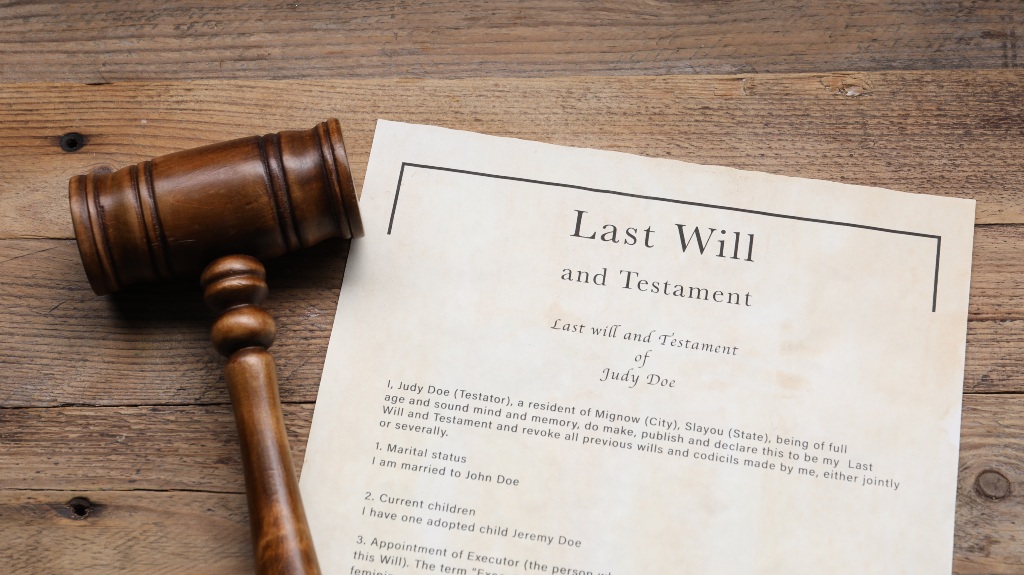What to Do When a Will Is Missing or Unclear in California
Losing someone you love is one of life’s most difficult moments. When it comes to settling their estate, this can add more stress to an already emotional time. You assume there is a will or plan to move forward, but what happens when you can’t find it, or it has vague language?
Many families find themselves sorting through paperwork, old boxes, and unanswered questions. There is help. Here is what to do when a will is missing or unclear in California.
Search Everywhere
This might seem obvious, but the first step is to search for the will. Sometimes, people store important documents in safe deposit boxes, filing cabinets, or fireproof safes. You might even discover it tucked away in a book or drawer. If your loved one had an attorney, financial advisor, or estate planner, make sure to give them a call. In many cases, a copy or the original is on file.
You may also want to check their digital files. Some people store their wills electronically or email them to trusted friends. A labeled PDF or document in cloud storage might be the long-lost will.
What Happens If You Only Have a Copy?
What happens if you find a copy, but the original isn’t anywhere to be found? Can a copy hold up in court? In some cases, the answer is yes.
California Probate Code § 8223 allows a copy of a will to be submitted, but only under certain circumstances. For example, the original must have been lost or destroyed, and there must be strong evidence that the will wasn’t intentionally revoked.
In these situations, you will need testimony from witnesses or the attorney who drafted the will, along with proof of what the will said.
Will the Probate Process Be Required?
If no will is found or is unclear, the estate may need to go through probate. This court-supervised process collects a person’s assets, pays their debts, and distributes the remaining assets.
In cases where a will exists, you can file a Petition for Probate with the probate court in the county where your loved one lived.
But what about those situations where there’s no will? Under California Probate Code § 6400, the estate is distributed according to the intestate rules. This means:
- If there’s a surviving spouse and no children: The spouse inherits everything.
- If there’s a spouse and children: The spouse receives all community property and a portion of the separate property, while the children inherit the rest.
- If there are children but no spouse: The children inherit everything.
- If there are no spouse or children: The estate goes to parents, siblings, or more distant relatives in a specific order.
If the will contains confusing or vague language, the will can be contested. Many times, the court will hold hearings to determine who qualifies and what the decedent’s intentions may have been.
What to Do When the Will Has Vague Language
When a will is unclear, the courts honor what the person intended. Often, you can present evidence to help clarify their intention. This might include:

- Letters or emails from your loved one
- Notes or drafts of the will
- Testimony from friends or advisors
- Past patterns of gifts or conversations about their wishes
The courts will weigh this kind of evidence to make a fair interpretation of your loved one’s wishes.
When in Doubt, Ask for Help for Your Loved One’s Estate
No one expects to be left with a legal mystery after losing a loved one. Now that you know what to do when a will is missing or unclear in California, you can take those next steps.
Remember to take your time, lean on professionals, and never be afraid to ask questions. At BJS Law, Inc., we can assist during this time. Whether you need help determining the legal validity of a will or require assistance with an estate, we are here for you and your family. Schedule a consultation by contacting us today.

